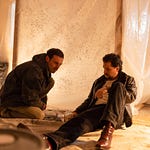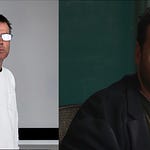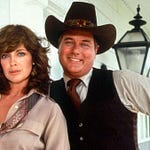I was very excited to get Julian Schlossberg on the show this week to talk about his new book, Try Not to Hold it Against Me: A Producer’s Life, in large part because he is intimately involved with a part of showbiz that I do not understand at all, at least financially: Broadway and live theater. But Julian’s career stretches beyond the stage: he booked theaters in New York City where he helped Warren Beatty save McCabe and Mrs. Miller from obscurity; he had a radio show that brought him into the orbit of George C. Scott, among others; and he did some time at Paramount, one of his more frustrating experiences in his career. After you listen, make sure to check out his book; Elaine May, the director of Mikey and Nicky and a comedic power, wrote a very nice (and funny!) introduction for it. And, as always, share this episode with a friend!
Share this post

Theater: You Can Get Rich, But Making a Living Is Hard
www.thebulwark.com
Theater: You Can Get Rich, But Making a Living Is Hard
Julian Schlossberg on a life in entertainment.
Feb 11, 2023
Bulwark Goes to Hollywood
Audio
Sonny Bunch on movies, technology, and understanding the next Hollywood
Sonny Bunch on movies, technology, and understanding the next HollywoodListen on
Substack App
RSS Feed
Recent Episodes















Theater: You Can Get Rich, But Making a Living Is Hard